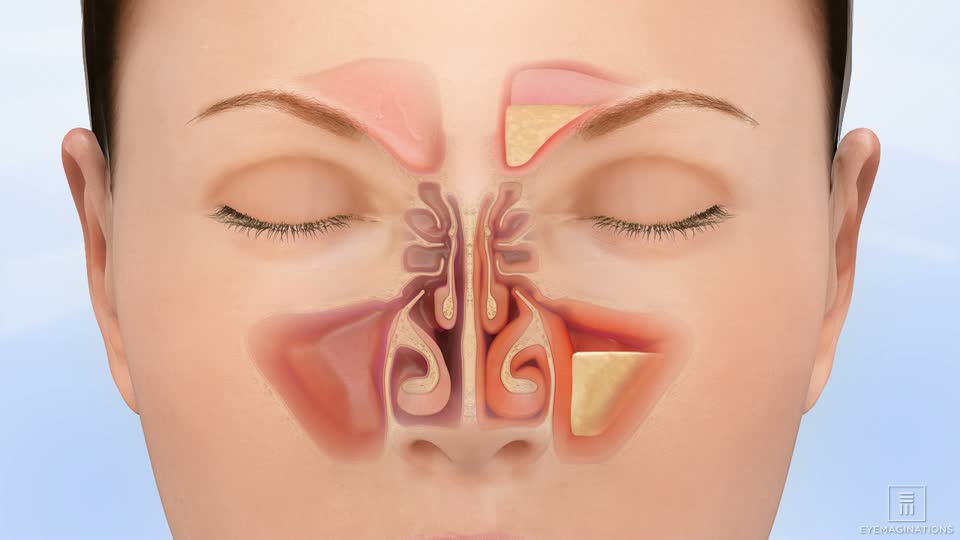
Nội dung bài viết / Table of Contents
This post is also available in: Tiếng Việt (Vietnamese)

Sinusitis is an infection and swelling of one or more of sinuses due to sinus blockage. Sinusitis can occur suddenly and last only in short-term (4 weeks) which are called acute sinusitis. Another case that sinusitis can last (about 3 months) and repeat is called chronic sinusitis.
This health condition is common. It can affect everyone. It can be managed by reducing your risk factors. Please discuss with your doctor for further information.
The common symptoms of sinusitis are:
These symptoms will recover after 7 – 21 days. There may be some signs or symptoms not listed above. If you have any concerns about a symptom, please consult your doctor.
You should contact your doctor if you have any of the following:
If you have any signs or symptoms listed above or have any questions, please consult with your doctor. Everyone’s body acts differently. It is always best to discuss with your doctor what is best for your situation.
Causes of sinusitis can be bacteria, allergies, pollution or nasal polyps (benign growths in the nose causing congestion). Besides, sinusitis often occurs after you have a cold, after having close contact (eat, drink, inhale or touch) with allergens. In addition, chronic sinusitis can be caused by congenital narrow sinus or sinuses too dry.
There are many risk factors for this disease such as:
The information provided is not a substitute for any medical advice. ALWAYS consult with your doctor for more information.
The doctor will examine ear, nose and throat, chest and use medical stethoscope to diagnose sinusitis. Also, doctors may endoscopic nasal, sinus CT scan or MRI if you are suspected with fungal sinusitis infection or other tumors.
To determine the cause of your sinusitis, your doctor will ask about the frequency of sinusitis in the year, the activities you do before detecting symptoms and they may recommend X-rays or take other test if necessary.
To reduce the feeling of discomfort caused by the disease, you can use sprays or drops with congestion. For mild headaches, you may use painkillers containing paracetamol like Panadol common or Efferagan.
Doctors may precribe antihistamines or corticosteroid nasal sprays to reduce swelling. This method is particularly effective in case you suffer from nasal polyps. For sinus inflammation caused by infection, the doctor will prescribe antibiotics.
In addition, the doctor will also give you a surgical procedure in cases of sinusitis caused by fungal infection, deviated nasal septum or nasal polyps.
The following lifestyles and home remedies might help you cope with this disease:
If you have any questions, please consult with your doctor to better understand the best solution for you.
Sources: